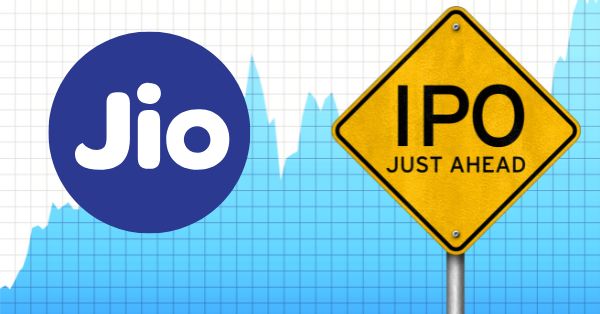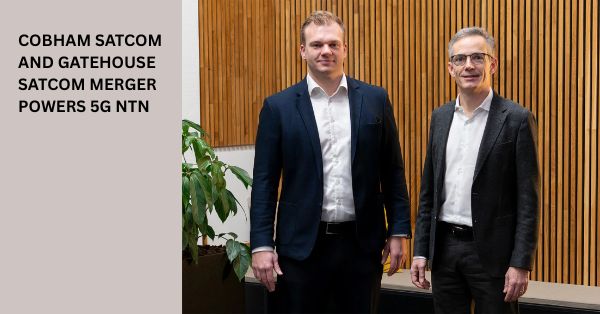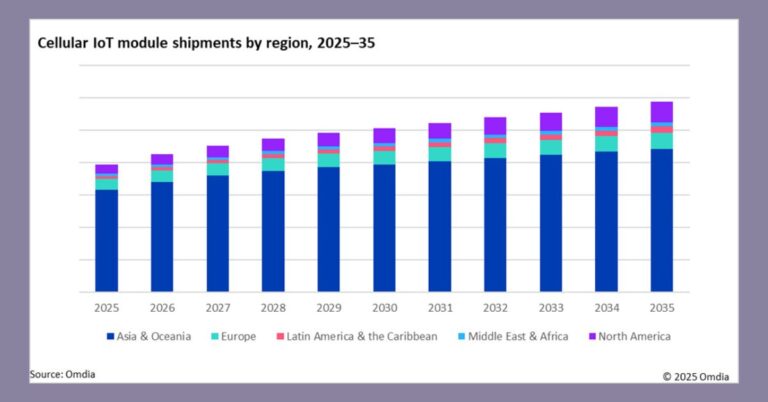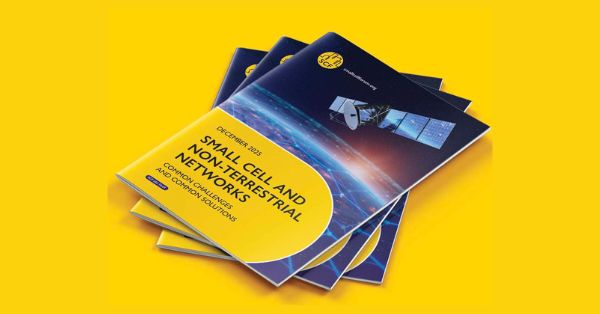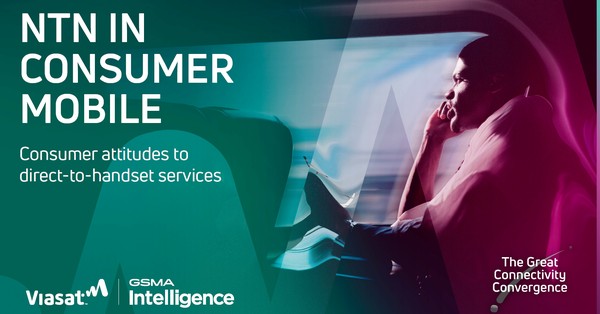Bharti Airtel, the second-ranked telco in India in terms of wireless customer market share, looks at 5G as a short-term opportunity to win quality customers. The scaling of 5G networks in a wider area to cover most of the country would take years, and thus, applications or use cases of 5G that have already been demonstrated successfully would still take years to come to India. However, this doesn’t stop Airtel from using 5G and marketing it to win some quality customers in the short term.
Gopal Vittal, MD and CEO of Bharti Airtel, India and South Asia, said during the recent earnings call, “At the end, while many of these use cases could come into India over the next few years, we believe that there is a serious short term opportunity to grow share and disproportionately win quality customers leveraging the power of 5G.”
Vittal also indirectly talked about the hard-pressed situation of Vodafone Idea and how it presents an opportunity for Airtel to pull ahead even further. Airtel wants to be the king in the postpaid segment, where Vodafone Idea is a very strong competitor.
Vittal said, “Given the financially pressed situation that one of the players in the Industry is going through, we feel that the moment is ripe for Airtel pulling ahead and being the decisively most aspirational brand in India. With this, we hope to take a further lead, particularly in the post-paid segment.”
Bharti Airtel posted a net profit of Rs 2145 crore for Q2 FY23. The telco reported strong performance in its B2B business as well. Gopal Vittal also talked extensively about Airtel Payments Bank, which is the only profitable fintech company in the industry. Airtel has already rolled out 5G in over eight cities of the country. The telco aims to reach the entire nation with its 5G networks by March 2024.

























